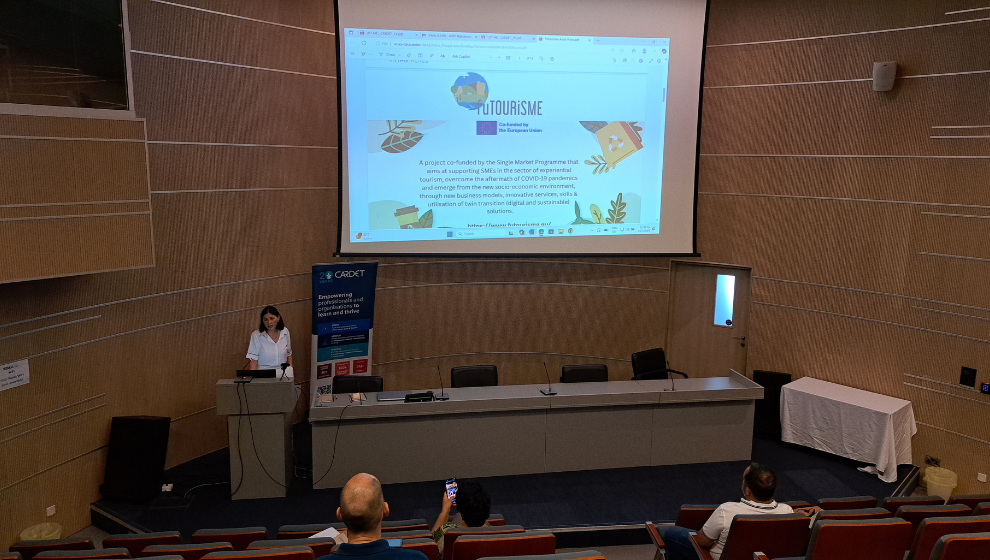EGIDEV Game Now Available: A Gamified Pathway to Digital Entrepreneurship for VET Students
As the EGIDEV project draws to a successful close at the end of this month, we are proud to announce the official release of the EGIDEV Game – an innovative educational tool designed to support Vocational Education and Training (VET) students and educators in exploring the world of digital entrepreneurship.
EGIDEV, short for Educational Game in Digital Entrepreneurship for VET Students, was developed with the aim of making entrepreneurship education more accessible, interactive, and engaging. By integrating principles of gamification, the project has created a comprehensive board game that encourages students to learn by playing – transforming complex entrepreneurial concepts into practical and enjoyable learning experiences.
This dynamic game has been developed, tested, and translated into all project partner languages, ensuring accessibility across Europe. It is accompanied by a rich collection of digital resources, including videos and articles, to enhance the learning journey and support both students and educators.
Explore digital entrepreneurship through play – the EGIDEV Game is now freely available to download, print, and play: https://egidev.eu/print-the-game/
We warmly invite the VET community – educators, trainers, and students – to explore this exciting tool and integrate it into their learning environments. By combining strategy, creativity, and fun, the EGIDEV Game helps develop critical digital entrepreneurship skills while fostering collaboration and innovation.
The EGIDEV project aims to facilitate both VET students and teachers in learning and teaching the principles of entrepreneurship through gamification, across different stages of business development. Its key objective is to deliver an educational game where learning by playing enables a deeper understanding of digital entrepreneurship and its challenges.
For more information and to access all game materials, visit: https://egidev.eu











